| This week, Deland and I participated in the Urban Beyond Measure luncheon for Stanford Global Studies (SGS) grant recipients. Thanks to the grant we received from Urban Beyond Measure, we were able to host the first Urban Sustainability Symposium this past June. We are excited to continue growing the "Urban Sustainability" series at Stanford. |
One anthropologist talked about investigating "civility" in the urban context, and it made me think of the Confucian ideal of a "harmonious" city and the promotion of li 禮 or "etiquette." This concept later evolved in Republican China, both through efforts of individual intellectuals, and by the Nationalist government's New Life Movement (新生活運動), which attempted to inspire greater community feeling and public spiritedness (公德心), as well as reaffirming basic etiquette in the streets and the public sphere.
I look forward to growing the Urban Sustainability initiative at Stanford, and the next step will be hosting the Urban Sustainability Design Expo on December 3, which will include our Tsinghua University partners and projects from the International Urbanization Seminar.
— Posted by Kevin Hsu
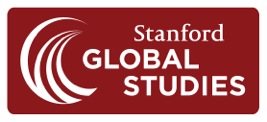

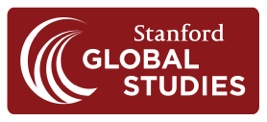
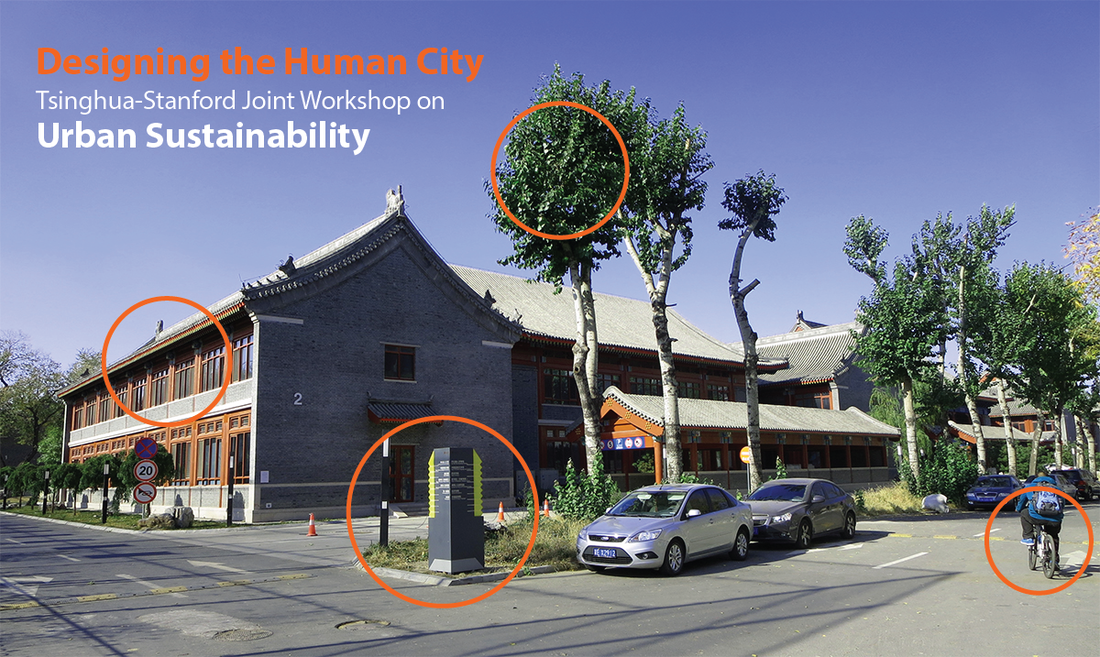
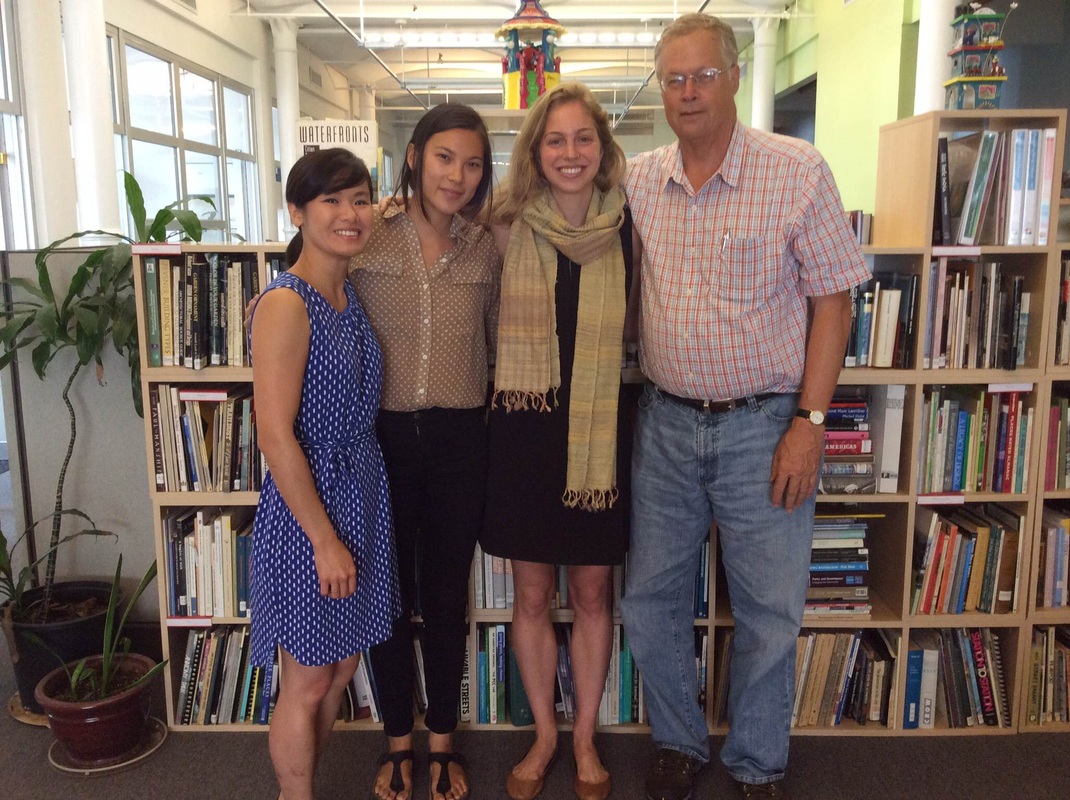
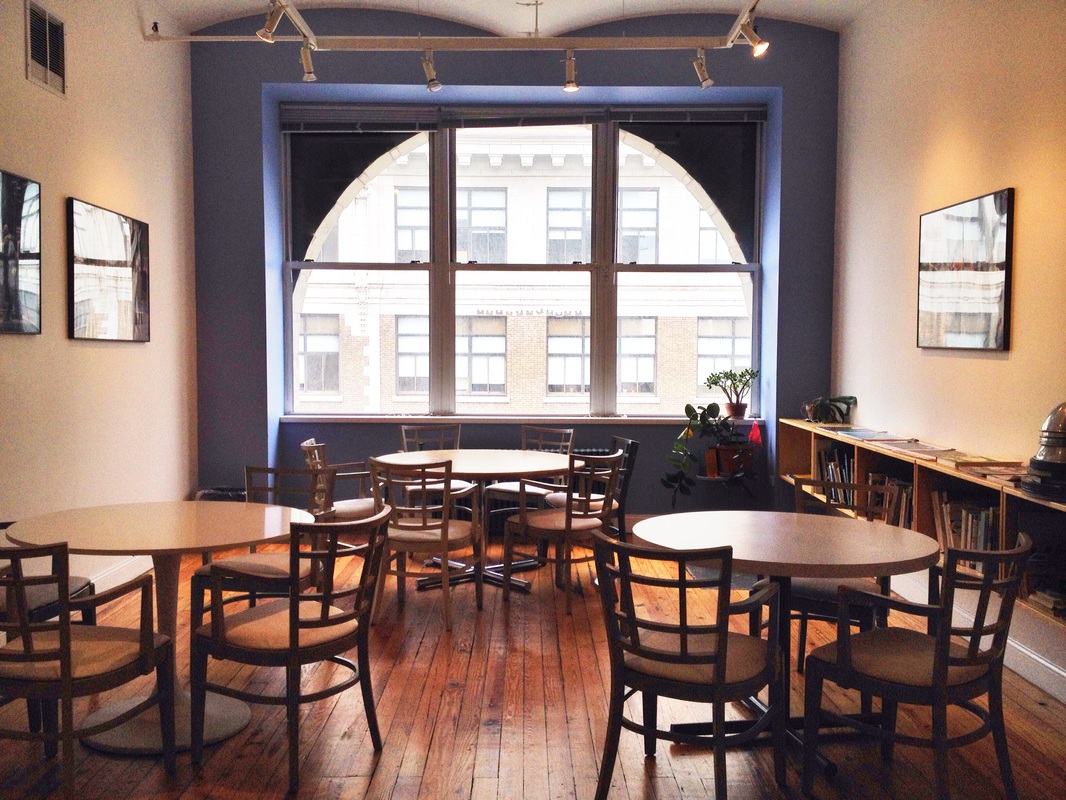
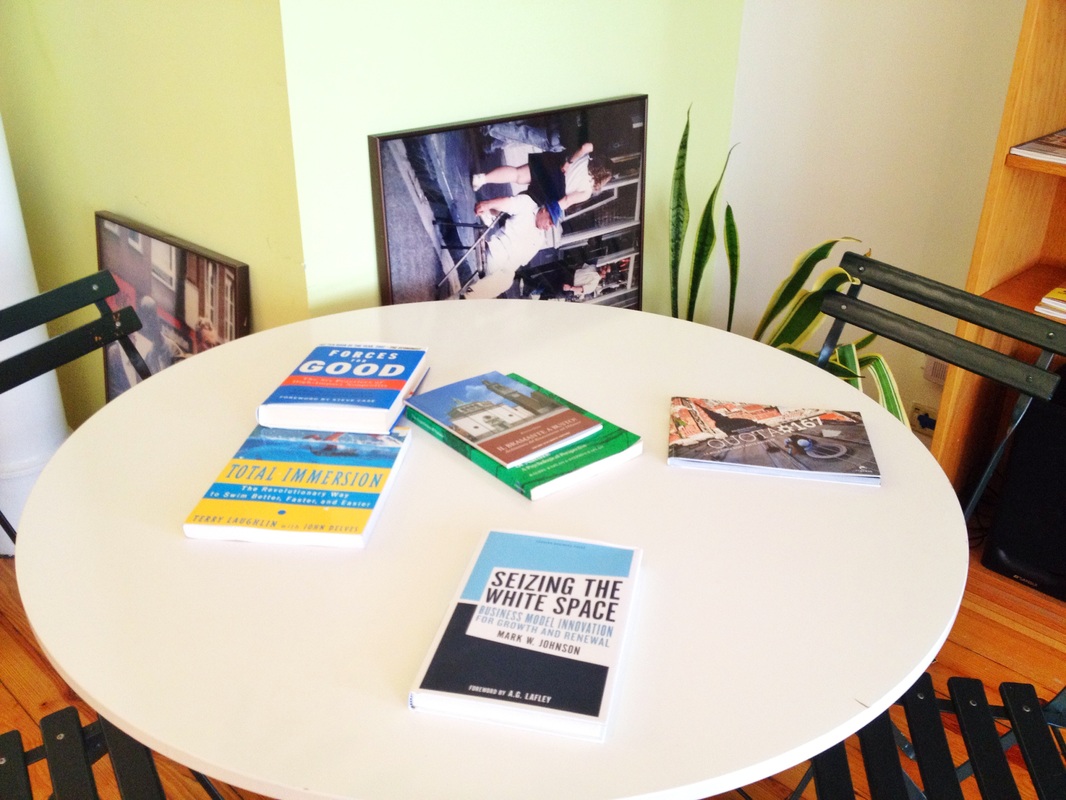
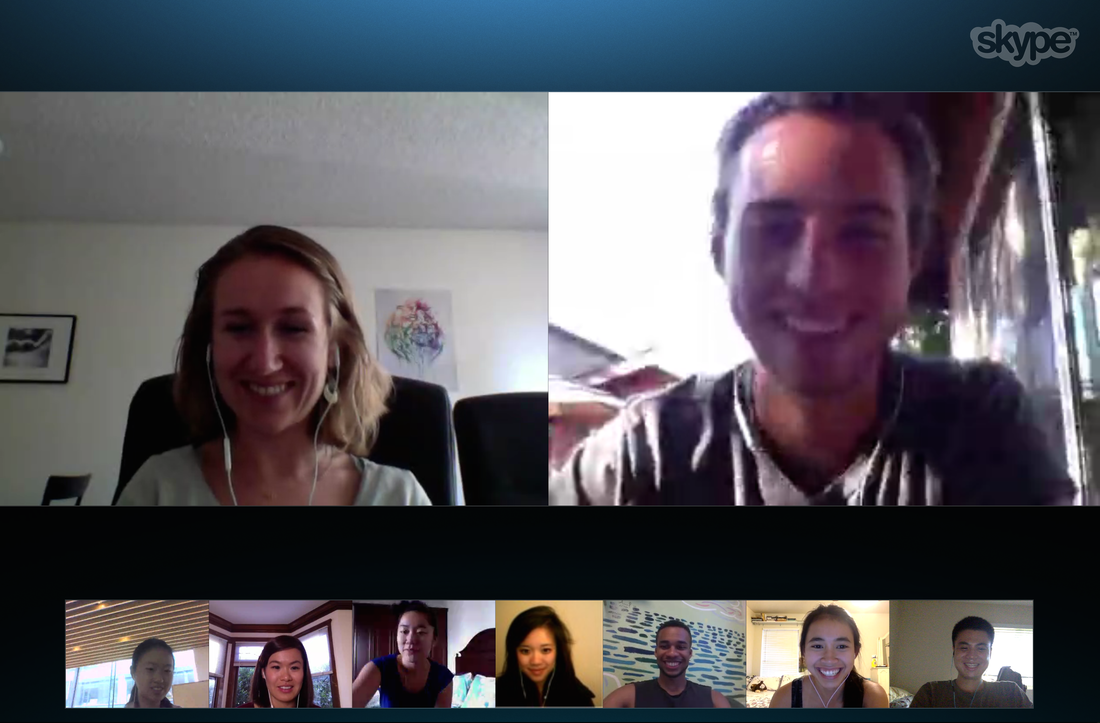
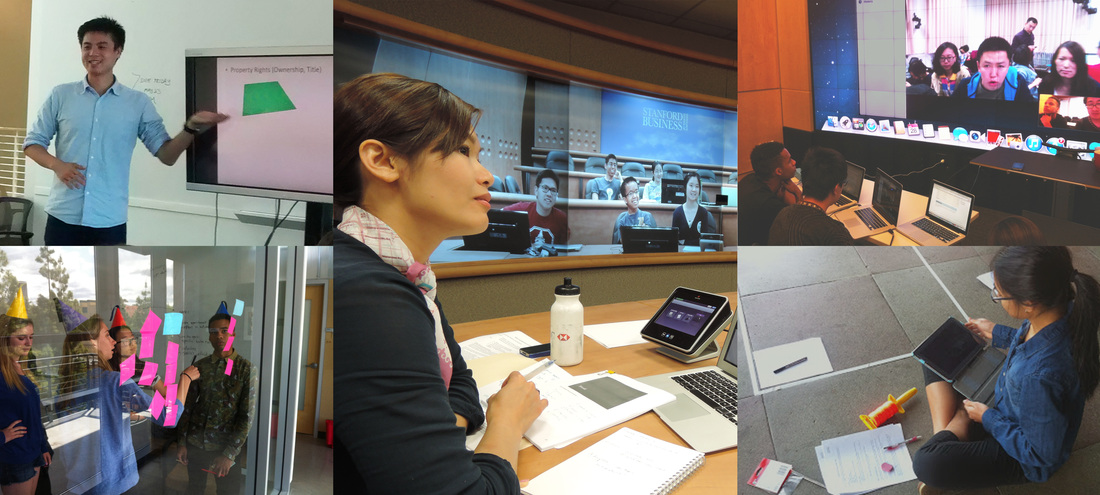
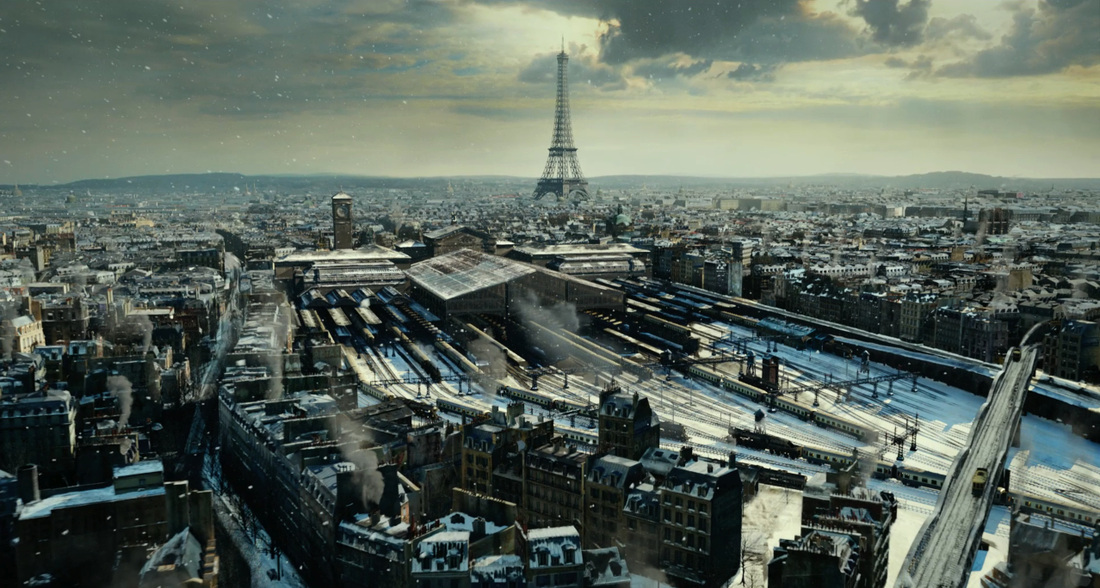

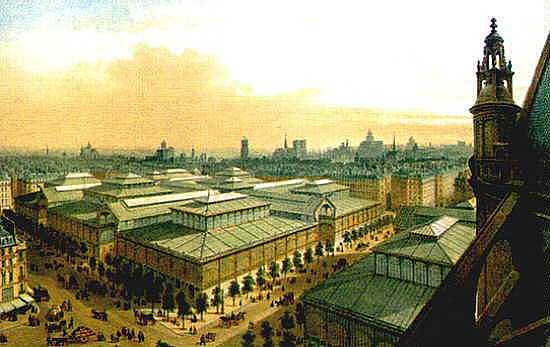
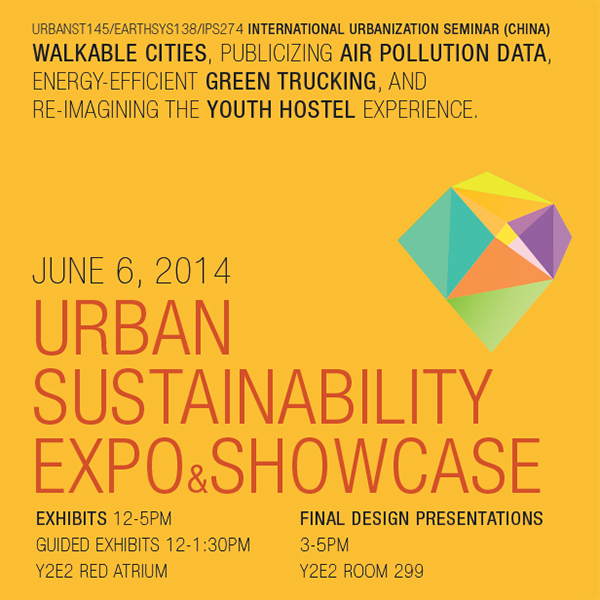
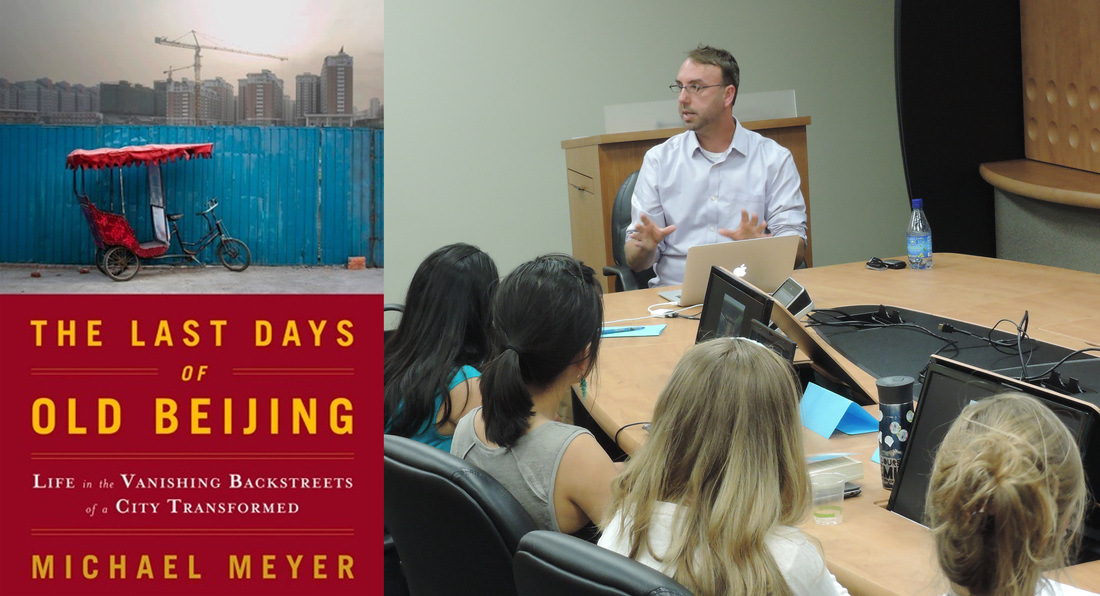
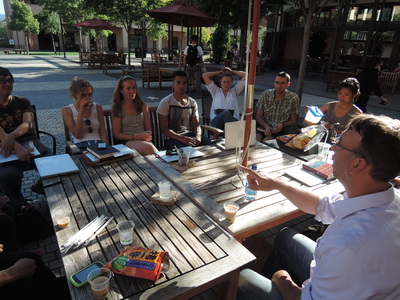
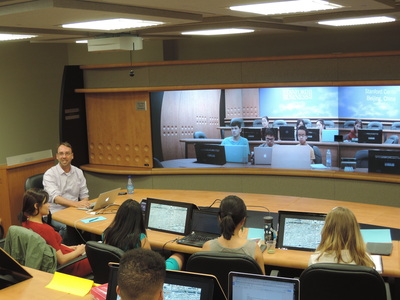
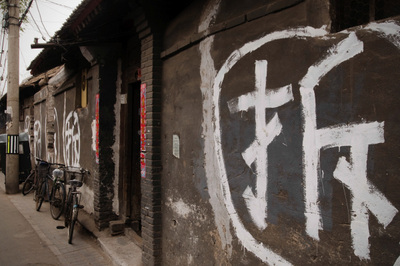
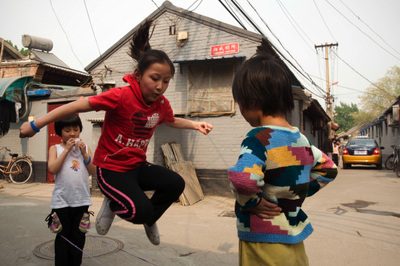
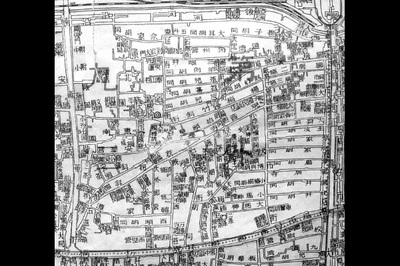
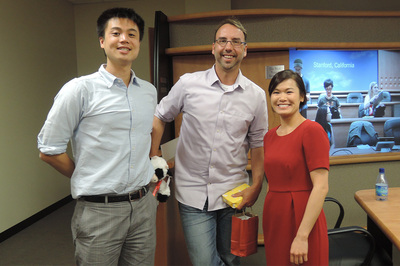
 RSS Feed
RSS Feed
